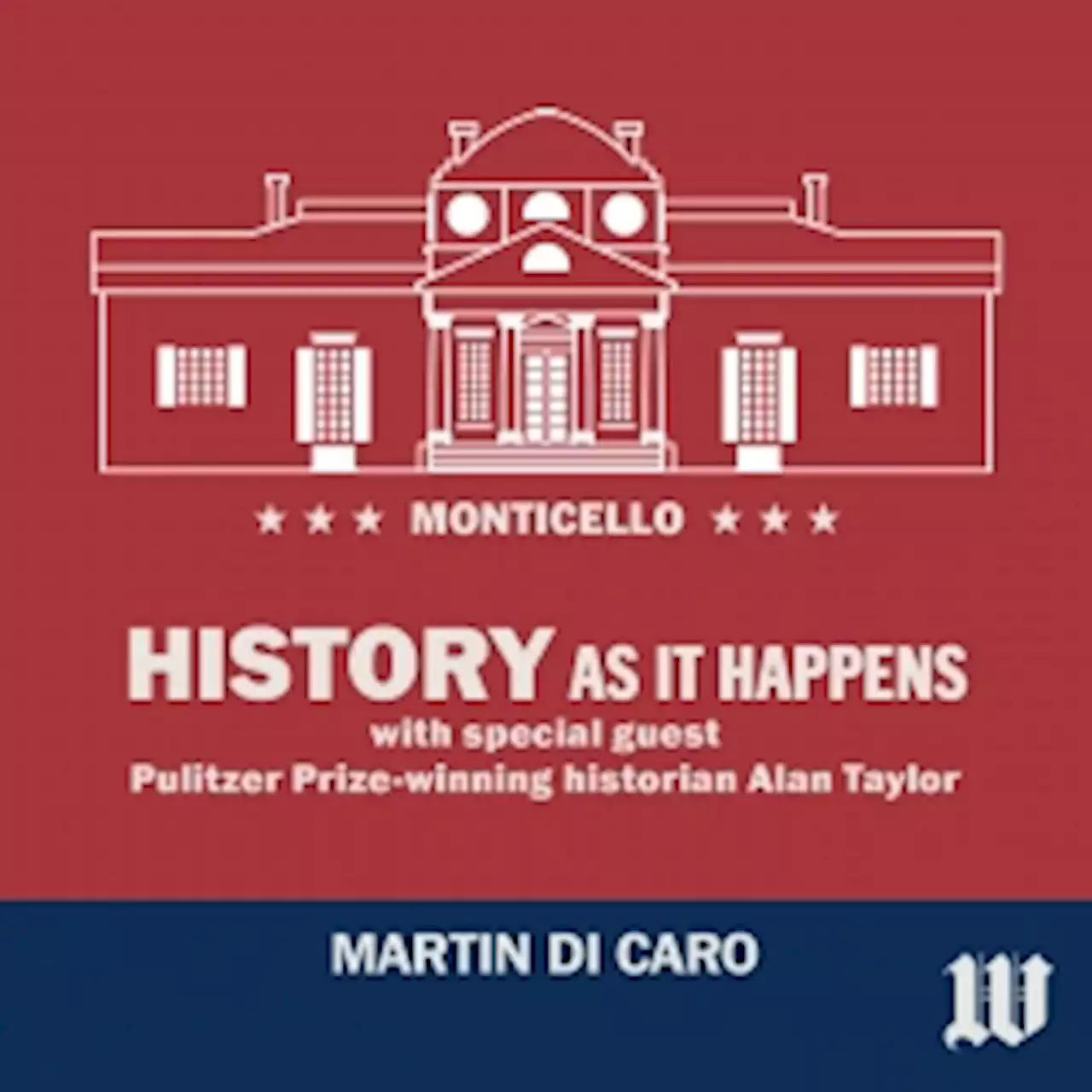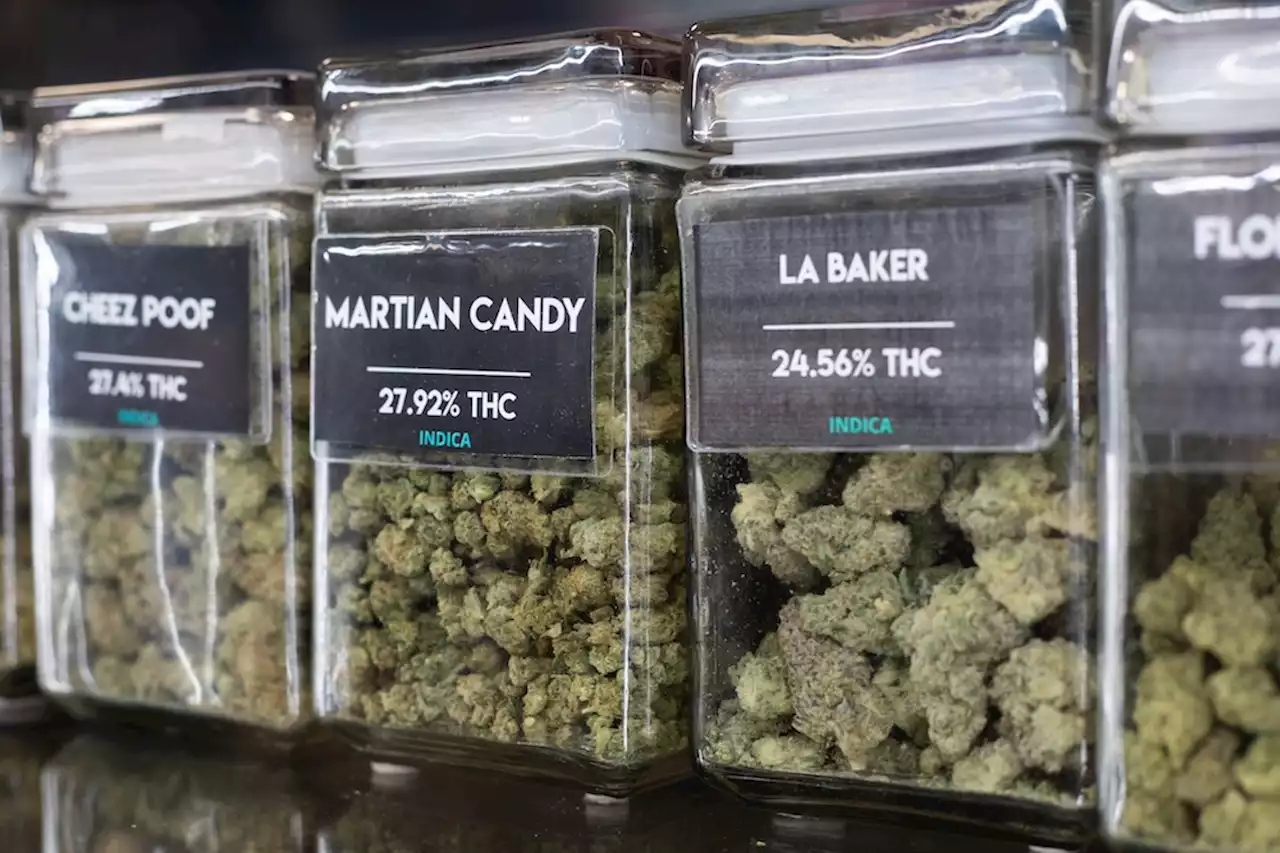Latin American History Professor Isaac Campos recently published findings online of his study on the history of cannabis terminology. CannabisCommunity cannabisindustry cannabisculture 420Life
I was talking to a cannabis business owner I’ve known for a while and respect. The man, who is white, told me he refused to use the term “marijuana” because it’s racist.
Yet now after talking to scholars, lawmakers, fellow Latino journalists and even my parents, I’ve learned that — yes — race is involved, but not in the way I expected. The first reference to the intoxicant “marihuana” was found in 1842 in Mexican newspapers, and then the term made its way to the United States in the 1890s.
Americans began using the word “marihuana” to describe the method found in Mexico — smoking it through cigarettes — which had much milder and more controllable effects, Campos said. The myth, he said, that hardly any Americans had heard of the word before “an aggrieved William Randolph Hearst decided to pound the term into the American lexicon… to facilitate its demonization” was first introduced by marijuana-reform activist Jack Herer in the 1980s. “But there is not one piece of evidence that suggests that word was used purposely by anybody to stain cannabis,” Campos said. “There was absolutely no need for it.
Indonesia Berita Terbaru, Indonesia Berita utama
Similar News:Anda juga dapat membaca berita serupa dengan ini yang kami kumpulkan dari sumber berita lain.
 White UC Berkeley professor admits she 'incorrectly identified' as Native AmericanElizabeth Hoover, an associate professor at UCBerkeley, acknowledged this week that she had 'incorrectly identified' as Native American throughout her life, which she said was based on 'incomplete information.'
White UC Berkeley professor admits she 'incorrectly identified' as Native AmericanElizabeth Hoover, an associate professor at UCBerkeley, acknowledged this week that she had 'incorrectly identified' as Native American throughout her life, which she said was based on 'incomplete information.'
Baca lebih lajut »
 African American jobless rate hits lowest in U.S. history - New York Amsterdam NewsAccording to the freshly published jobs report for April, the jobless rate for African Americans in the United States maintained its steady slide to new historic levels, just one month after hitting a record low for the previous lowest level ever recorded.
African American jobless rate hits lowest in U.S. history - New York Amsterdam NewsAccording to the freshly published jobs report for April, the jobless rate for African Americans in the United States maintained its steady slide to new historic levels, just one month after hitting a record low for the previous lowest level ever recorded.
Baca lebih lajut »
 American Cloud - Bringing All-American Values Back To Cloud Computing | HackerNoonWhen it was first introduced in 2006, cloud computing truly embodied the ideas that the internet was founded on - democratized access to information and ....... - americancloud cloudcomputing
American Cloud - Bringing All-American Values Back To Cloud Computing | HackerNoonWhen it was first introduced in 2006, cloud computing truly embodied the ideas that the internet was founded on - democratized access to information and ....... - americancloud cloudcomputing
Baca lebih lajut »
 American Football Bought the American Football HouseThe Illinois site became an emo landmark after appearing on the band’s first album cover.
American Football Bought the American Football HouseThe Illinois site became an emo landmark after appearing on the band’s first album cover.
Baca lebih lajut »
 History As It Happens: HAIH at Monticello, Part 2: The History WarsThis is the second in a two-part series of conversations recorded at Thomas Jefferson's Monticello as History As It Happens goes on location, with special guests historian Alan Taylor and Brandon Dillard, Monticello's director of historic interpretation and audience engagement. The 'history wars' have reached Monticello. Visitors to Thomas Jefferson's old plantation in rural Virginia often bring their emotional or ideological baggage. But is it possible to talk too much about slavery at a historic plantation? How does an institution such as Monticello present Jefferson's successes and failures to the hundreds of thousands of Americans who visit each year, many of whom revere Jefferson, his radical ideals, and his remarkable mind? Listen to Alan Taylor and Brandon Dillard talk about the challenge of interpreting the past in our divisive political environment.
History As It Happens: HAIH at Monticello, Part 2: The History WarsThis is the second in a two-part series of conversations recorded at Thomas Jefferson's Monticello as History As It Happens goes on location, with special guests historian Alan Taylor and Brandon Dillard, Monticello's director of historic interpretation and audience engagement. The 'history wars' have reached Monticello. Visitors to Thomas Jefferson's old plantation in rural Virginia often bring their emotional or ideological baggage. But is it possible to talk too much about slavery at a historic plantation? How does an institution such as Monticello present Jefferson's successes and failures to the hundreds of thousands of Americans who visit each year, many of whom revere Jefferson, his radical ideals, and his remarkable mind? Listen to Alan Taylor and Brandon Dillard talk about the challenge of interpreting the past in our divisive political environment.
Baca lebih lajut »
 History As It Happens: HAIH at Monticello, Part 2: The History WarsThis is the second in a two-part series of conversations recorded at Thomas Jefferson's Monticello as History As It Happens goes on location, with special guests historian Alan Taylor and Brandon Dillard, Monticello's director of historic interpretation and audience engagement. The 'history wars' have reached Monticello. Visitors to Thomas Jefferson's old plantation in rural Virginia often bring their emotional or ideological baggage. But is it possible to talk too much about slavery at a historic plantation? How does an institution such as Monticello present Jefferson's successes and failures to the hundreds of thousands of Americans who visit each year, many of whom revere Jefferson, his radical ideals, and his remarkable mind? Listen to Alan Taylor and Brandon Dillard talk about the challenge of interpreting the past in our divisive political environment.
History As It Happens: HAIH at Monticello, Part 2: The History WarsThis is the second in a two-part series of conversations recorded at Thomas Jefferson's Monticello as History As It Happens goes on location, with special guests historian Alan Taylor and Brandon Dillard, Monticello's director of historic interpretation and audience engagement. The 'history wars' have reached Monticello. Visitors to Thomas Jefferson's old plantation in rural Virginia often bring their emotional or ideological baggage. But is it possible to talk too much about slavery at a historic plantation? How does an institution such as Monticello present Jefferson's successes and failures to the hundreds of thousands of Americans who visit each year, many of whom revere Jefferson, his radical ideals, and his remarkable mind? Listen to Alan Taylor and Brandon Dillard talk about the challenge of interpreting the past in our divisive political environment.
Baca lebih lajut »
